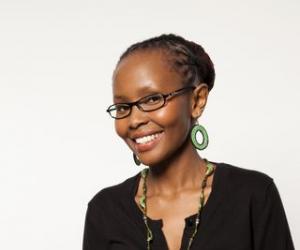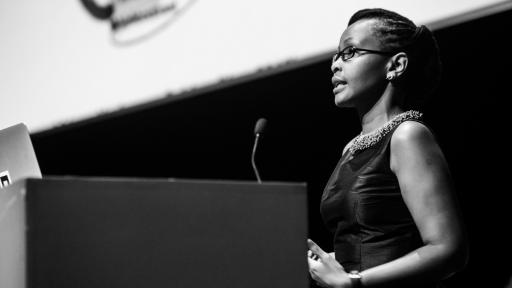Juliana Rotich is the co-founder of Ushahidi (Swahili for "testimony"), a non-profit company that develops free and open-source software for information collection, visualisation and interactive mapping.
Ushahidi - the company - grew out of a dedicated website it created in the aftermath of Kenya's disputed 2007 presidential election, which collected eyewitness reports of violence submitted by email and text message. It mapped out the violent incidents using Google Maps to create a real-time, visual representation of the crisis.
"Ushahidi, the software, allows citizens to share their story, participate and report what is going on in their area using the device they have in their pockets," Rotich explains.
But Ushahidi also identified the need for steady connectivity, even when infrastructure is spotty due to wireless connections, intermittent power, or devices that can’t share connections. So they set out to redesign connectivity for Africa in the form of the BRCK modem.
Greater connectivity also means that more Kenyans are telling their story of how they started their organisations. By way of example, she points to M-Farm, a mobile application that developed out of the iHub in Nairobi and is sharing their story of helping farmers in rural areas through innovative technology.
"I think the entrepreneurial drive has always been there. What we needed was connection to allow us to tell our story, as well as more investment. While we have foreign direct investment, we still need to do more to encourage local investment in the tech industry,” she says.
She goes on to explain the link between greater connectivity and economic growth and the huge potential that can still be realised in Africa: “There is a link between increasing connectivity and GDP. If you increase broadband by 10%, it corresponds to 1,163% increase in GDP. Investment in connectivity is worthwhile. We've only got 15.6% penetration of the internet in Africa – there is so much more to do.”
Beyond just investing in connectivity, Rotich also believes that one should invest in people and creative networks to ensure “a new ecosystem; a new way of connecting African countries to each other and a new way of being in Africa."









